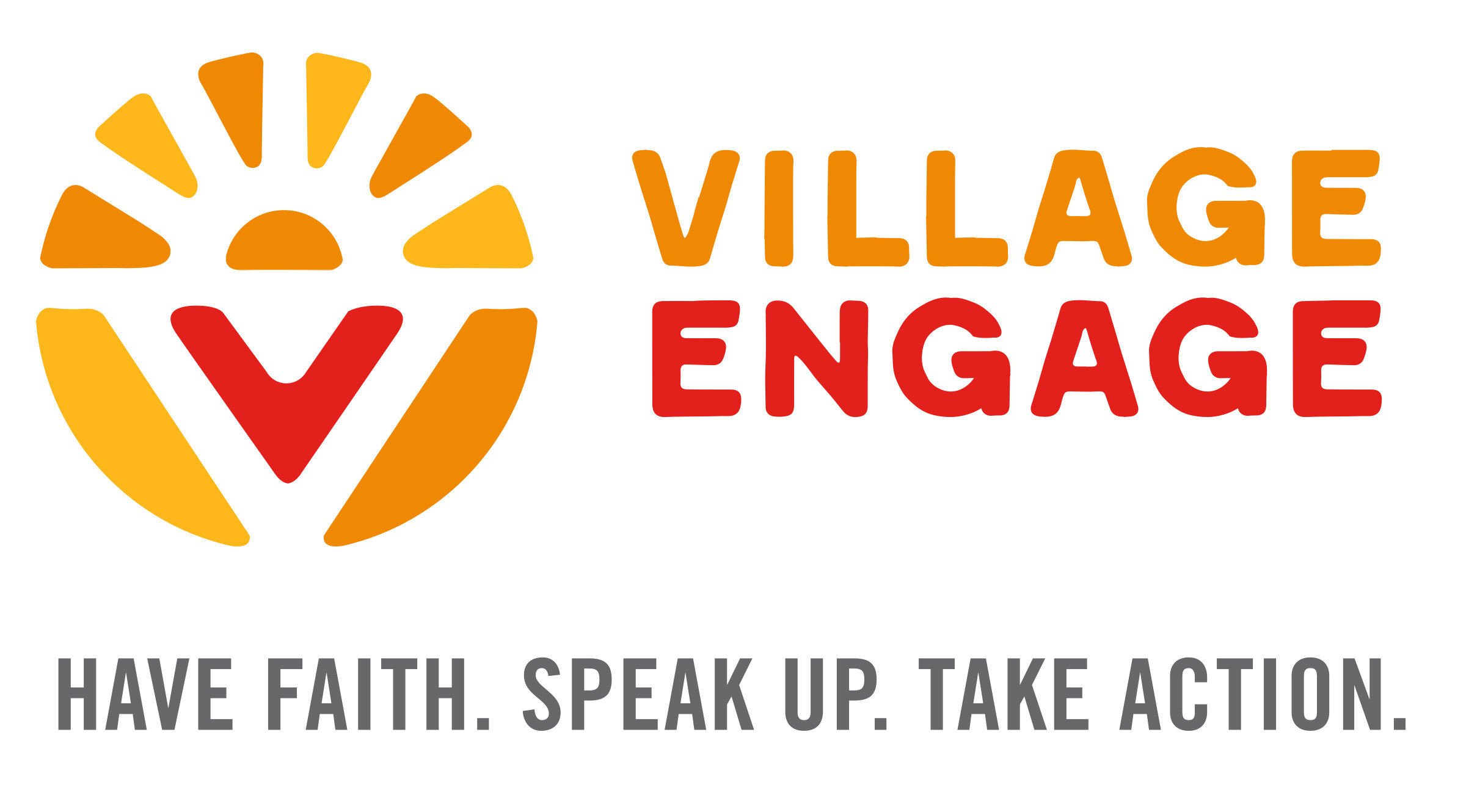The Nature of Freedom
Most Americans have fond memories of the 4th of July celebrations. Perhaps you met up with family and friends from out-of-state, or you went to Unity Park to enjoy the fireworks with your fellow Greenville residents. Either way, for many of us, the 4th of July is a day of jubilation; it is a distinctly American way of celebrating the freedom that has formed the basis of this country for the last three centuries. As someone who comes from Singapore, a “short” 25-hour flight from South Carolina, this was my first time celebrating the 4th of July, and I had an absolute blast! Yet, as I sip on my coffee from the Commons and watch the grand firework display at Unity Park, I am also painfully aware that there are many within our own communities that have not achieved the freedom and independence that Independence Day is supposed to guarantee. Predatory lending and racial injustice, among others, are just some of the problems plaguing American society and Greenville today, and there is still so much that we can do to dismantle the structures that prevent others from realizing their freedoms. Thus, one of the concerns that I’ve always had at the back of my mind has been: what is the nature of freedom, and what can we do to ensure the freedom of all peoples?
From an outsider perspective, I have always found it interesting that so many issues in America are contentious because, in my view, we fundamentally disagree on what “freedom” confers us. There are those who interpret freedom as license, that because freedom is a foundational right guaranteed (supposedly) by the American constitution, one can behave however one wishes even if it is deemed excessive or infringes on the safety of others. I see this interpretation of freedom all around me. Those who oppose gun control often cite their “freedom to bear arms” even if it poses an increased risk to themselves, those around them, and minority communities. Predatory lenders, assisted by lax state laws, take advantage of their business freedoms to charge exorbitant interest rates to trap financially vulnerable individuals in debt cycles, thereby denying them opportunities for life, liberty, and the pursuit of happiness. Thinking that freedom confers license misses a core insight about the nature of liberty: that our freedom also entails a responsibility to ensure that everyone is entitled the same liberties and freedoms that we have.
Can such a view of freedom be realized in practice? My experience growing up in Singapore has shown me that it can be done. Partly because Singapore prioritizes the sense of responsibility that comes with freedom, it has much tighter restrictions for how its people can exercise them. Singapore recently banned advertisements (a “freedom of speech”) for drinks that have high levels of sugar and saturated fats (which, in any case, is much lower than an average sugary drink in America) because it wants to ensure that its citizens have healthy diets. Indeed, Singapore’s obesity rate for adults aged 18-59 years old is 8.9%, a far cry from America’s 36%, where the sugar industry is allowed to run rampant with its advertising. Similarly, during the COVID-19 pandemic, Singapore had a “vaccine mandate”: without the vaccine, a person could not enter any enclosed public space. There’s also a hard cap in Singapore on car sales: the government announced a 0% growth rate of cars on the road but instead vowed to expand Singapore’s already efficient public transport. Any of these policies would be unthinkable here, but America could clearly benefit from Singapore’s results, such as lower obesity rates, excellent COVID response, and substantial investment in public infrastructure.
Don’t get me wrong. Singapore is neither a utopia, nor am I advocating that Singapore’s policies are “better” than America’s or that we should apply them here wholesale. Yet I often find myself wondering how much America would benefit from embracing the view of freedom as the responsibility to make everyone else free. As we celebrate yet another 4th of July, let us reflect on how the freedoms that we have today are privileges that those before us have fought for. We too, should continue the fight to emancipate those who have not similarly benefited.
